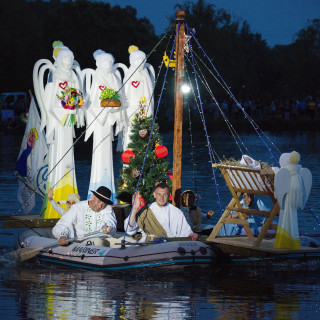Tricky Words in this week's OVI
Theme and topic. Both of these English words are PARTIALLY covered in terms of meaning by the Slovak "téma", but there is an important difference between them which is not covered by "téma". Theme
/0ím/ means the general guiding idea of a large, complex event or a series of events, for example a conference on the theme of steel strips, or a series of meetings on the theme of business
ethics.
This is covered by "téma", but another meaning of "theme" is a piece of melody which reappears at key moments in a musical composition - which I think is the idea of "leitmotív" - and the
characteristic melody at the beginning of each episode of a TV serial is called the "theme tune" (e.g. the music at the beginning of "Thirty Cases for Major Zeman"). "Topic" means the subject of
ONE specific conversation, lecture or meeting, so it means "téma" in a very specific, not general sense. The theme of this column is "tricky words", and the topic of this edition is the difference
between "theme" and "topic".
Andy's Wordshop
More on the topic of "please" versus "prosím". I hope you remember that "please" means "prosím SI niečo", and that "prosím" SHOULDN'T be translated as "please". English speakers answer the phone
with "Hello"; when they don't hear you properly they say "Sorry?"; when they give something to somebody they say "Here you are"; when somebody says "Thank you" they say "That's alright" or "You're
welcome"; and when someone asks permission to do something, they say "Go ahead" or "Feel free" or "Be my guest."
The interesting thing is that "please" ORIGINALLY meant "páčiťsa", but whereas Slovak "nech sa páči" means an OFFER (ponuka), English "please" means a REQUEST (prosba), like in the very formal,
historical expression "May it please Your Majesty, I beg leave to marry your daughter, the Princess." Please send questions about English language habits to ocelvychodu@sk.uss.com, and I will
choose one to answer in each issue. AB
Na podujatí Košické Benátky prezentovali svoje plavidlá aj naše spriatelené detské domovy.











